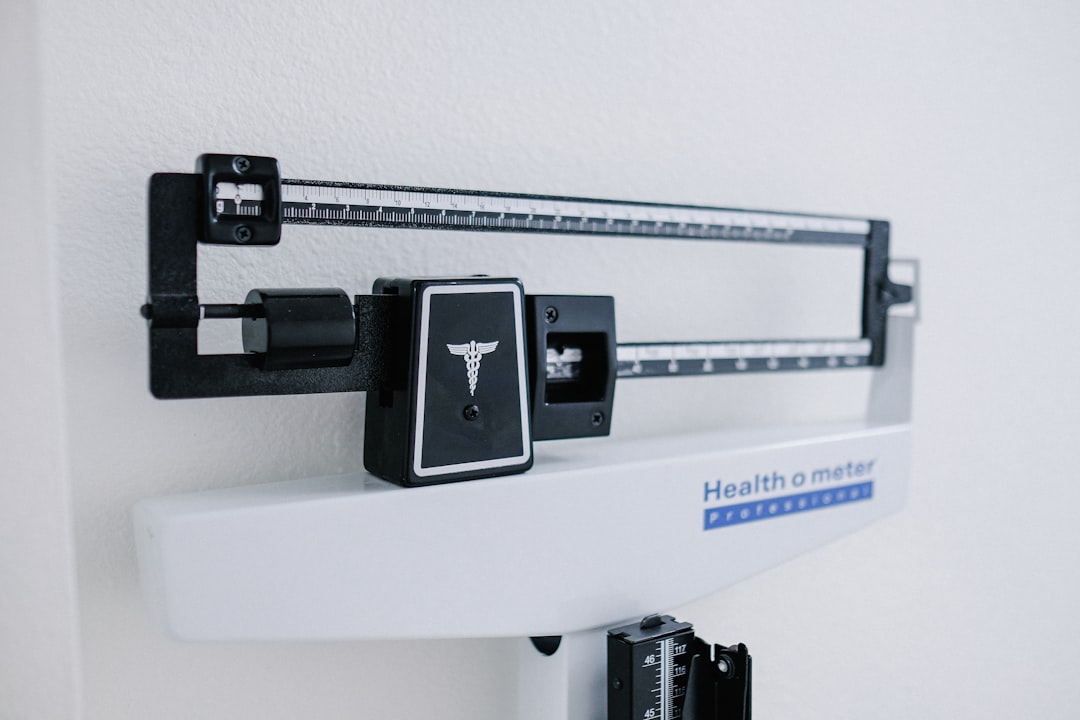Can school lunch end The Achievement Plateau?
The first in a series examining nutrition and health in public schools.

“Childhood obesity is a serious problem in the United States, putting children and adolescents at risk for poor health. Obesity prevalence among children and adolescents is still too high.”
That statement, from the CDC’s webpage on obesity, doesn’t mince words. According to the Center’s data, almost 20% of U.S. children are obese — their Body Mass Index (BMI) ranks in the 95th percentile for their age.
What’s more concerning is that rates tend to increase as children grow up: when students enter our public education system, only about 13% qualify as obese. When they leave, more than 22% do. The trend continues into adulthood. Over 40% of Americans are obese — the highest mark in the world.
And even though we passed legislation in 2010 to try to improve the nutrition of school meals, obesity prevalence among youth has increased over the last decade — and the pandemic exacerbated the increase.
As I wrote last week regarding school discipline and criminal justice, schools alone can’t solve our obesity crisis — but they can play an important role. And that’s what I want to examine in this series.
Students eat as many as half their calories at school. And they spend almost half their waking hours at school. That means there’s an opportunity to not only change what they eat — there’s an opportunity to shape how they think about food, nutrition, exercise, and healthy living.
And by “healthy living” I don’t mean a chiseled, ready-for-Instagram physique. There’s an important distinction between looking physically fit and actually being healthy. And the obesity crisis is not (and should not be) just about body image: research suggests BMI can impact cognitive development. We know that obese Americans are also more likely to suffer severe effects of COVID-19, as well as a host of other conditions.
From the Organization for Economic Development (OECD): Obese children are at greater risk of developing hypertension and metabolic disorders. Psychologically, obesity can lead to poor self-esteem, eating disorders and depression. Further, obesity may act as a barrier for participating in educational and recreational activities
From the World Health Organization (WHO): Obesity poses a major risk for serious diet-related noncommunicable diseases, including diabetes mellitus, cardiovascular disease, hypertension and stroke, and certain forms of cancer. Its health consequences range from increased risk of premature death to serious chronic conditions that reduce the overall quality of life.
If we’re going to cause an uproar over public education’s role in stagnant math and reading scores, shouldn’t we be equally as concerned about its role in fostering a disease that can impair proper brain development, cause psychological issues, and “reduce the overall quality of life?” (Yes, we should.)
From my purview as the former principal of K-8 school in Philadelphia, I know public schools can do more. Despite our best efforts, I saw many sugar-heavy breakfasts, unpalatable vegetables on cafeteria plates, full plates of food trashed in favor of chips, rushed lunch periods, incoherent health and nutrition education, and too little time, space, and too few resources for students to exercise.
I don’t believe we’ll end The Achievement Plateau with a narrow focus on reading and math, or with a fancy new set of standards and accompanying curriculum. I think we’ll do it when we start to reimagine schools as the foundation for building a healthy and civil society.
Over the next few weeks (bear with me as we uproot our life here in Philadelphia and start a new one in Boston), I’ll take a look at the history of food in schools, what we currently serve students, how other countries approach school lunch, nutrition education, and the way we teach health and physical education. I hope you’ll keep reading and sharing.
Thanks so much. Have a great week.
